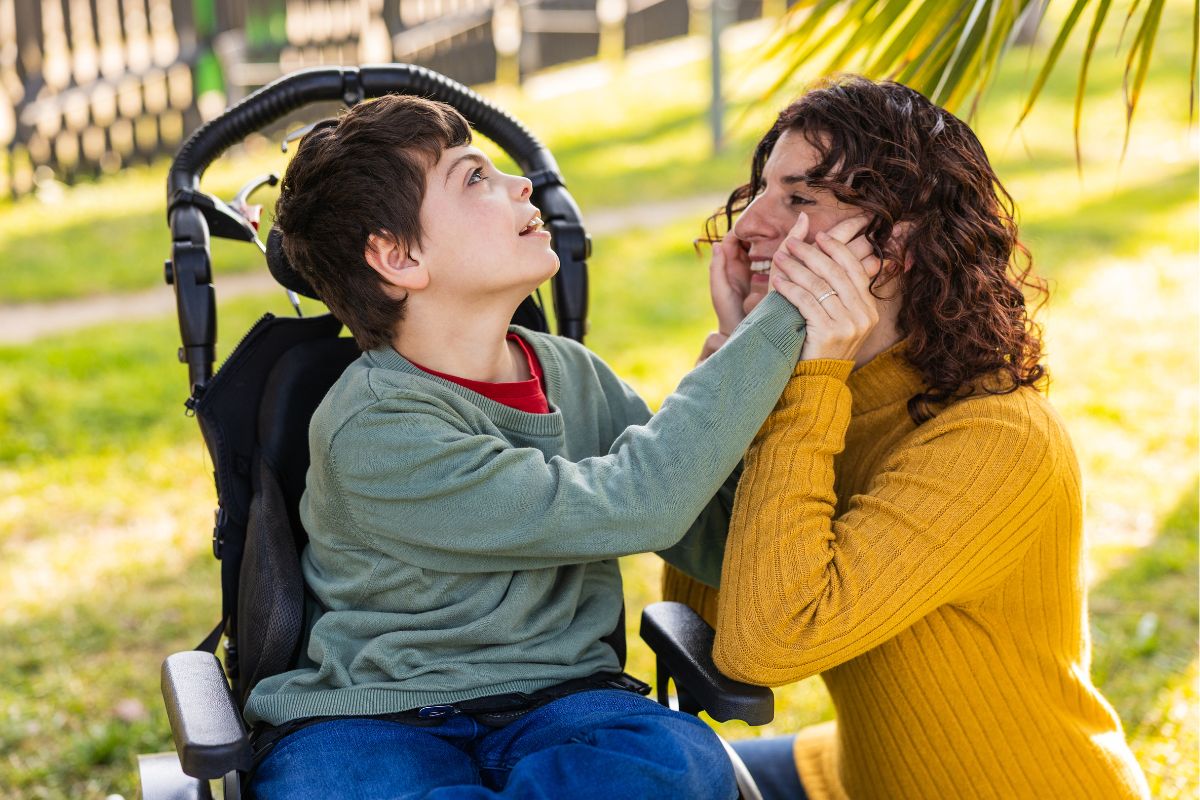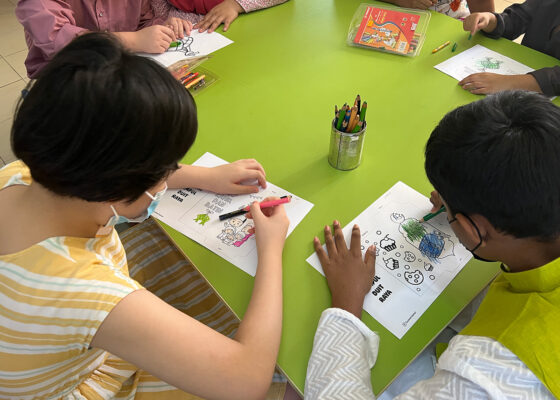8 Ways to Support Siblings of Children with Special Needs: A Guide for Parents
Siblings of children with special needs often face unique emotional experiences that shape their childhood and beyond. While these experiences can build empathy and strength, they can also create emotional challenges.
A study by Siblings Australia found that 84% of adult siblings of children with disabilities reported that family stress was a major issue during their childhood. Therefore, parents play an important role in helping siblings feel supported, understood, and connected within the family.
This article shares 8 practical ways parents can strengthen family bonds while supporting the emotional well-being of every child.

Support Siblings’ Emotional Well-Being
Siblings of children with special needs often carry feelings they may not know how to express. They might celebrate their brother or sister’s successes while quietly struggling with sadness, jealousy, or guilt.
1. Use Open, Age-Appropriate Communication
Be honest and clear when talking about their sibling’s disability. Use specific words like “autism” or “Down’s syndrome” rather than general terms. Tailor your explanations to the child’s age and revisit conversations regularly.
2. Acknowledge and Validate All Emotions
Children need to hear that it is okay to have mixed feelings. Encourage them to share both the positives and the frustrations without rushing to fix or correct what they say. Even simple acknowledgments can make a lasting difference.
3. Spend Regular One-on-One Time
Each child should have time when they feel like the center of their parent’s world. Even 10 or 15 minutes a day focused entirely on their interests can build a stronger sense of belonging. These regular moments help siblings of children with special needs feel equally valued.

Helping Siblings of Children with Special Needs Navigate Their Social World
Social interactions can be tricky for siblings of children with disabilities. They may have to explain their family to others or face insensitive remarks, even bullying. Parents can help prepare them:
4. Avoid Overburdening with Caregiving
Helping out is part of family life, but siblings of children with special needs should not take on adult responsibilities. Encouraging friendships, hobbies, and outside activities helps them build their own identity while still being part of a supportive family.
5. Prepare Them for Social Situations
Teach siblings short, confident ways to respond to questions about their brother or sister. Practicing simple answers at home can help them feel ready in real situations.

Building Stronger Bonds
With encouragement and planning, siblings of children with special needs can build close, supportive relationships that last into adulthood.
6. Encourage Shared Activities
Look for simple, enjoyable activities that both children can do together, such as painting, playing games, or baking. Shared experiences can build positive memories and natural friendships.
7. Plan Inclusive Family Outings and Rituals
Family traditions, from park visits to game nights, help create a sense of belonging. Choose activities that make both children feel included.
8. Support Advocacy and Teamwork
Invite siblings to join small activities, like making posters for awareness events. These shared projects encourage teamwork without placing extra responsibilities on them.
No Child Left Behind
Support from parents builds a foundation of trust that helps siblings feel valued rather than overlooked. When families pay attention to every child’s emotional journey, the bonds between siblings and the strength of the family itself grow over time.
For more guidance on supporting siblings and building inclusive family dynamics, connect with resources available through an organization such as Taarana School, a special needs school in Malaysia that encourages support for entire families.
Learn how to support children with special needs and their siblings today. Taarana School principal Dr. Sunitha Sivakumaran shares her journey raising a child with autism spectrum disorder alongside a neurotypical sibling. Listen to her experience here.



